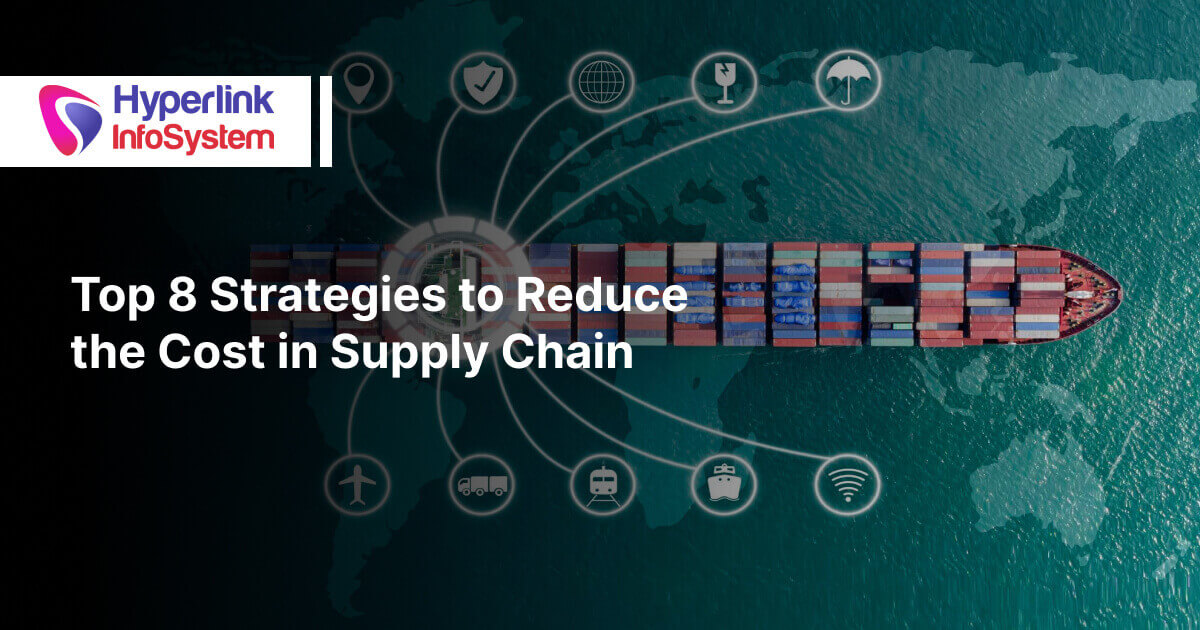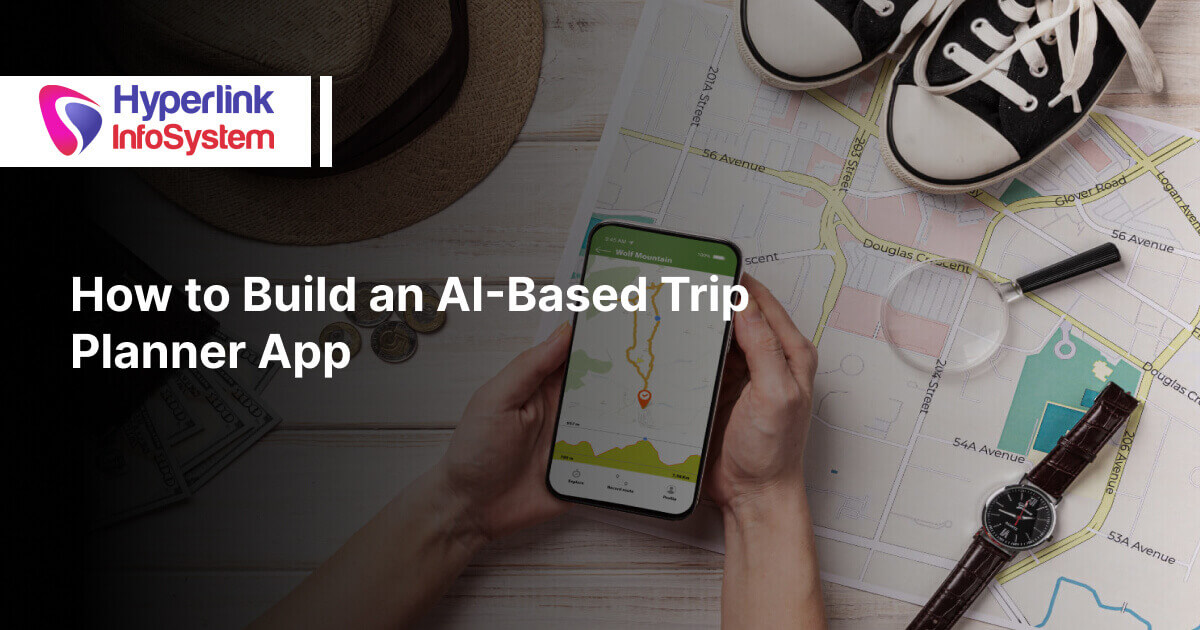Developing mobile app to manage your business processes is now more important than ever. If you want to develop an application or have a project in mind but have doubts, do not hesitate to contact Hyperlink InfoSystem. We are one of the leading mobile app development agencies in Jacksonville.
Application Integration
The integration of applications is a concept used to refer to the direct connection that is used to join two or more systems and thus be able to establish communication between the different applications that the company uses.
The integration of applications can be considered within your company to optimize the work of employees. Integrating your app with another app will help your business offer more possibilities of use and improve customer service.
Advantages of Integrating Your App With Other Applications
Increase Customer Experience
One of the benefits you will get from integrating your IT platform with other solutions will be the substantial improvement of the customer experience. Offering integration with another app in your app, for example with GPS navigation apps, banking apps, or health apps, provides important value. Expanding the actions that your app allows to carry out is highly relevant for the user experience.
Internal Management Optimization
Another of the most important advantages is that the integration of applications in companies allows optimizing work and internal management. This is due to the positive impact that these types of applications have on the way a company is managed and controlled.
Improves Coordination
As a result of the optimization of management, coordination between workers and between the different projects that the same company can manage is improved. This is because the different apps allow you to have a large amount of information about products, customers, and the work team, so that the different departments can be coordinated to work more effectively and increase productivity.
Cost Reduction
The implementation of the integration of technologies also allows reducing costs within the company. The integration of applications enables the development of new products and services depending on where they can be implemented.
The Different Types of Mobile App Development
Native Application
Programming a mobile application in the native language of the operating system, such as Swift for iPhone and Java/Kotlin for Android, requires developing and maintaining two mobile applications for your project. This is a reflection and not the least to have because it greatly influences the price of the mobile application.
Hybrid Application
Over time, the technologies around the hybrid development of mobile applications have evolved from embryonic status to adulthood with performances to make a native developer pale. Some examples of hybrid mobile application development languages are React and Ionic. Some industry giants such as Facebook, Airbnb and other mobile applications are developed with this type of programming language. The hybrid solution remains a solution with a very interesting quality-price ratio.
Web Application
Long used as a stopgap for full native applications, mobile applications that host a WebView are useful for quickly and unconstrained project development on mobile application stores.
Developing The Right App For Your Business
When companies create a native app, there are many advantages in terms of performance. Above all, apps that process a lot of data at the same time benefit from the APIs provided. This gives developers direct access to the smartphone's resources. It is important that the price depends heavily on how many platforms are to be supported. Developers have to create their own application for each operating system because the environment is different. In addition, the effort for updates and customer support increases. With this model, significantly more end devices have to be supported and tested. If customers want to create their own app for iOS or only for Android, then this approach is well suited.
If companies want to create an app for many different devices that even works on a tablet or desktop PC, then a hybrid or web apps are the answer the ideal way. These applications work with any browser or through a small framework that is made available in every app store. The actual processing takes place on the provider's server. The advantages lie in the simple provision for every user. At the same time, the costs for maintenance and updates can be kept low, since only one development code is created. However, the resources of the end devices cannot be used optimally. Compute-intensive apps should not be designed as web apps. In addition, the UI does not adapt seamlessly to the underlying operating system, the user experience could suffer due to the “foreign” design.
Very simple apps are usually only used in the private sector and contain almost no functions. Mostly only information can be displayed with it. These can be measured values or data from the smart home. Such apps are inexpensive to program, but can hardly be found in the popular app stores.
Hyperlink InfoSystem is one of the best mobile app development agencies in Jacksonville.
 +1 309 791 4105
+1 309 791 4105















































 +91 8000 161161
+91 8000 161161
